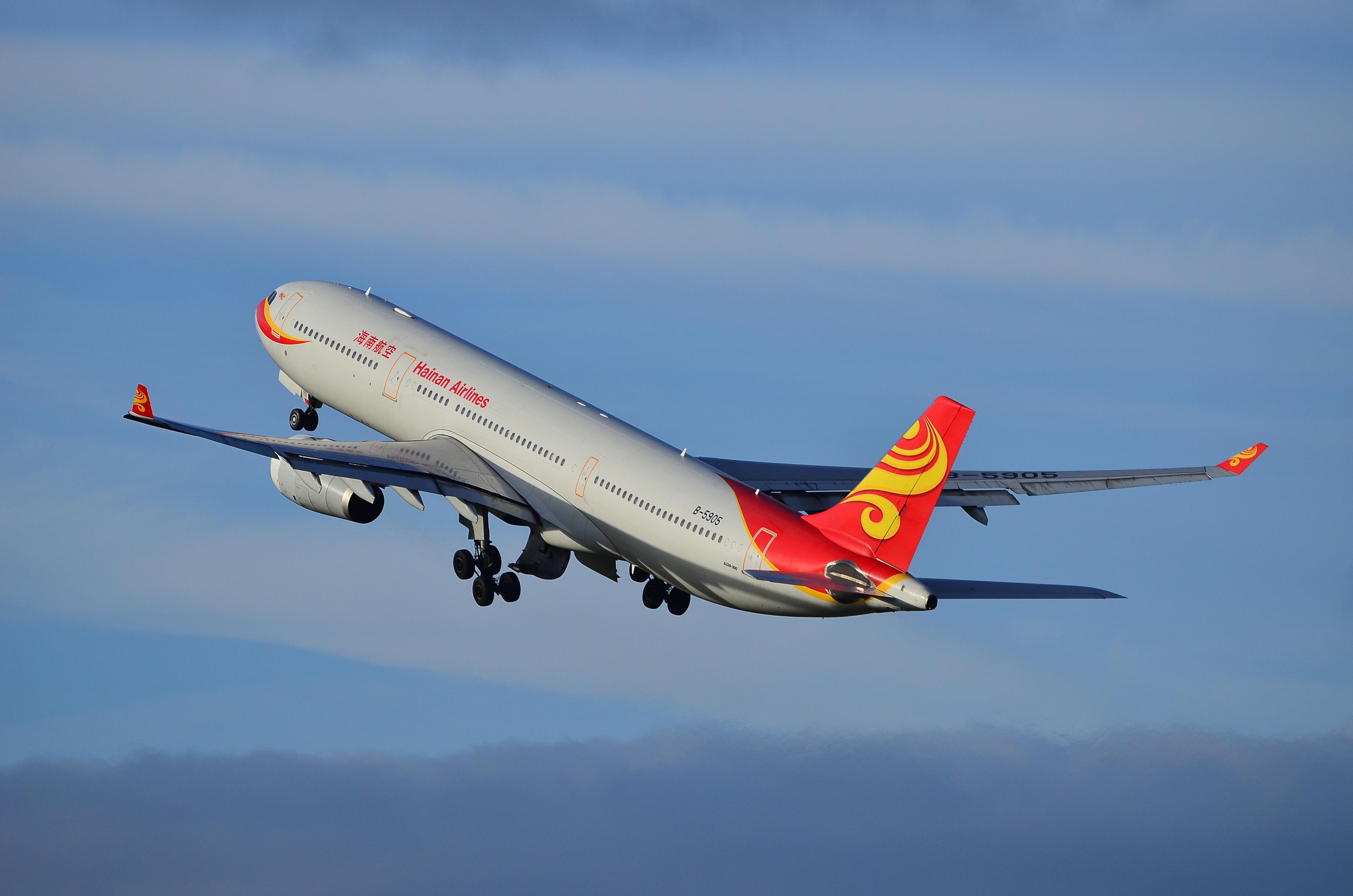HNA Files For Bankruptcy; Future Of Group’s Airlines Unclear

SINGAPORE/LONDON/FRANKFURT–Creditors of HNA Group, parent of multiple Chinese airlines including the country’s largest private carrier Hainan Airlines, filed an application to a Chinese court to place the company in bankruptcy Jan. 29.
The conglomerate confirmed in a stock announcement that it has received a corresponding notice from South China’s Hainan High People’s Court.
According to the notice, the creditors moved ahead with legal action after HNA was unable to further service debt. The company added that it will cooperate with the court for judicial review, continue to dispose debt and support the court’s protection of the legal rights of its creditors so as to ensure smooth operation.
Before the filing and according to a Bloomberg report, the Chinese government planned to sell HNA’s non-aviation assets while a “state-backed entity” was going to become another investor in the remaining group.
HNA Group’s airlines include Air Changan, Beibu Gulf Airlines, Beijing Capital Airlines, Deer Jet, Fuzhou Airlines, Guilin Airlines, Hainan Airlines, Hong Kong Airlines, Lucky AirTianjin Airlines, Urumqi Air, West Air and Yangtze River Airlines (AKA Suparna Airlines). Most are subsidiaries of Hainan Airlines Group.
The impact of the bankruptcy filing on the airlines was not immediately clear. Hainan Airlines told local media that operations are still running normally and asked the public to “take note of future announcements.”
HNA had been for some years expanding rapidly in the airline industry and other sectors. The company bought stakes in Azul, TAP Portugal and Virgin Australia, among others. It still owns a majority stake in Bohai Capital which in turn holds 70% of aircraft lessor Avolon. Many of the investments are history as HNA was forced to sell off shareholdings to reduce its mountain of debt. The most recent is the sale of all of Swissport’s shares to a group of financial investors, as part of a “debt-for-equity swap”.
Hong Kong Airlines almost had its license revoked by Hong Kong’s Air Transport Licensing Authority in December 2019 after it was unable to secure liquidity to pay its employees. The carrier received an eleventh-hour funding, widely believed to be from HNA Group, which had received an HK$4 billion ($516 million) loan from state-owned banks.
Hainan Airlines Holdings ended 2020 with a 60.7% plunge in passenger demand as measured in RPK and a 54.6% decline in passenger numbers to 37 million. The carrier posted a net loss of CNY15.6 billion ($2.4 billion) for the first nine months of 2020, from a 64% YOY revenue loss. The group also reported total liabilities of CNY127.7 billion.



